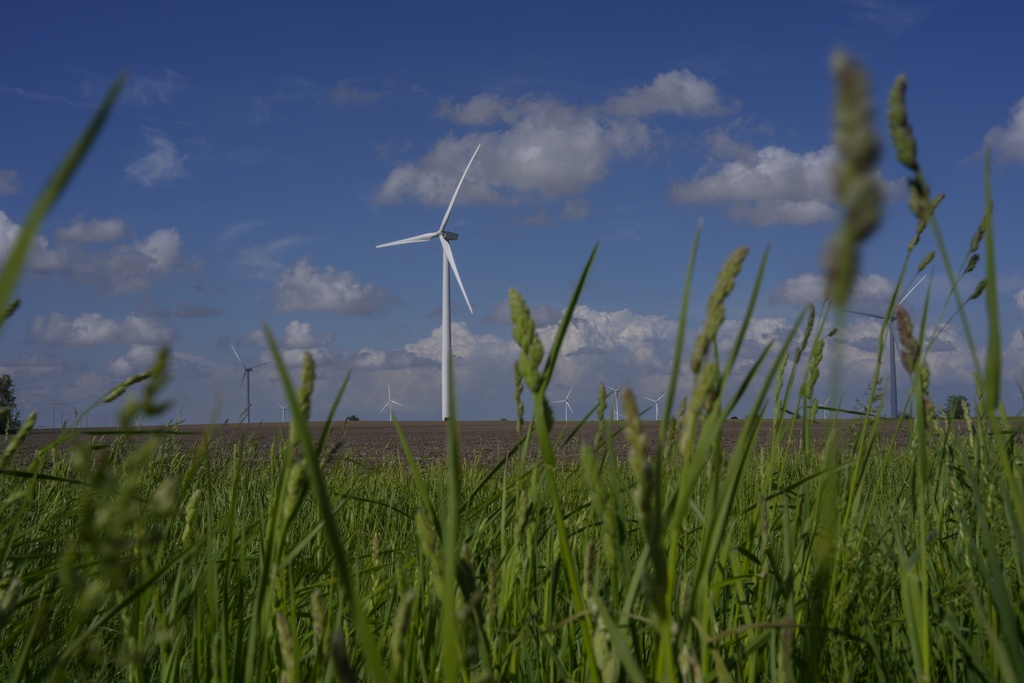The Nebraska Chamber Foundation outlines opportunities for strategic economic advancement with the release of the inaugural Nebraska Economic Competitiveness Assessment.
Anchored in non-partisan research and a data-driven approach, the comprehensive assessment examines the current economic reality in Nebraska as compared to peer states. The study also identifies key challenges and opportunities for the state’s economic prosperity. Keep reading for takeaways from the findings.
The Nebraska Economic Competitiveness Assessment 2024 highlighted key factors affecting competitiveness, including workforce, infrastructure, business climate and innovation levels. While Nebraska boasts a robust agriculture and food processing sector, thriving manufacturing activity and growth in technology and business services, challenges like a tight labor market, insufficient population growth and technology-related skill shortages demand strategic attention.
The study recommends strategic actions in several areas in response to these challenges. These include promoting career awareness, increasing college enrollment through scholarships, attracting and retaining talent and addressing workforce growth.
Addressing workforce challenges is imperative for Nebraska’s economy to thrive. The lack of worker availability and skill gaps are key concerns. To counter this, the state needs to attract talent from nearby metro areas, consider legal immigration solutions and encourage population growth, according to study recommendations.
There is an opportunity to up-skill and recruit workers into high-paying occupations with significant job openings in Nebraska — particularly in management, healthcare and technology. Skill-based hiring presents a further opportunity for entry-level positions in digital and tech-related jobs.
Other recommended strategic actions include assistance with housing and childcare costs, and additional business incentives for innovation.
Looking ahead, industry trends suggest that technology will play a pivotal role in shaping Nebraska’s future economy. The integration of technologies like quantum computing, robotics, natural language processing, green technology and digital twinning will drive innovation in various sectors. Increased automation will make manufacturing more productive. Data-driven decision-making and sustainability initiatives are encouraging innovation in healthcare and AgTech — both prominent sectors in Nebraska today.
While Nebraska has a robust economy and a high quality of life, addressing challenges head-on is imperative for longterm economic success. Envisioning a prosperous future for Nebraska’s economy encompasses sustainable population growth, reduced income disparity and widespread economic prosperity across the state. Improved business climate, innovation and strategic investments in technology and workforce development are seen as critical elements for ensuring Nebraska’s competitiveness on the national stage.
The Nebraska Economic Competitiveness Assessment 2024 was produced in collaboration with consulting firm Economic Leadership, LLC and a steering committee comprising more than 40 business leaders. You can see the full study on the Nebraska Chamber Foundation website.





